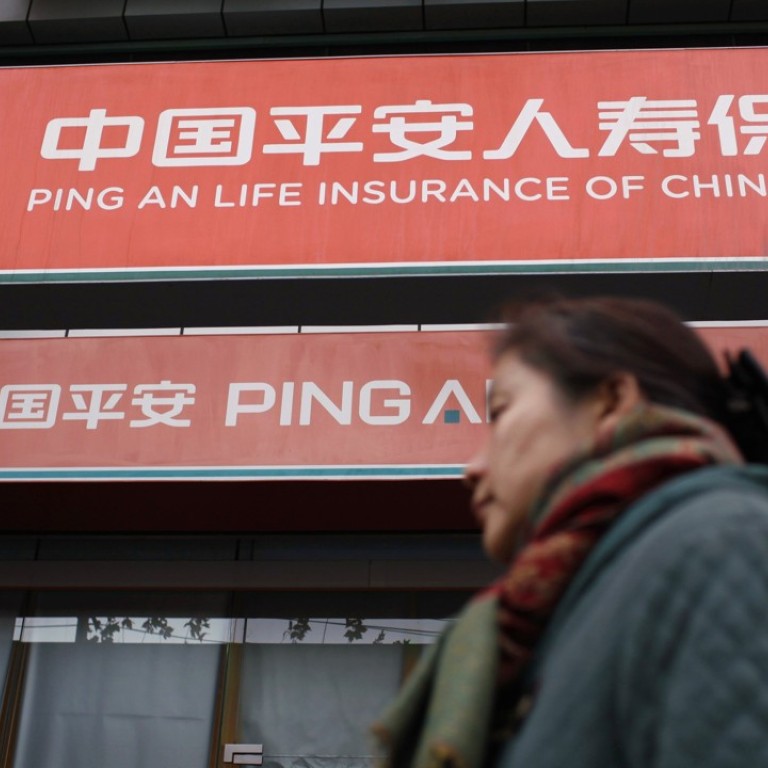
Data tracking about to change the way insurance companies do business, says Ping An tech fund
Ping An Global Voyager Fund, the US$1 billion global technology investment fund of Ping An Insurance, is exploring data analytic technologies as a potential investment area, as it sees the internet of things as the next big wave of innovation that could reshape the insurance sector.
Donald Lacey, managing director and chief operating officer of the fund, expects the internet of things to redefine the way that insurers have do business. One immediate impact is that insurers’ premium pool will get compressed.
“We really see the internet of things as having dramatic repercussions for the insurance sector. For certain lines of business, lower loss incidence and lower claims is likely to compress premiums, and may lead insurance companies to focus more on preventive services, as opposed to just collecting premiums and then paying claims,” Lacey said.
He said there are “many interesting ways for insurers to play”, or to transition their business model to compensate for reduced premium payments.
Business consultancy Gartner defines the internet of things as a network of physical objects that contain embedded technology to communicate or interact with their internal states or external environment.
The huge amount of sensor data made available from these devices will have a big impact on business insurance.

For example, machines that are used in manufacturing and other services are connected to thousands of sensors that will proactively monitor operations and hence, flag up anomalies ahead of time and ultimately, proactively mitigate risks and prevent losses.
“While this could mean the businesses are paying less to insurers in premiums, the sector’s relationships with clients may well become more consultative, with customers being charged for internet of things monitoring services to help prevent losses, rather than ignoring prevention and simply paying claims as losses occur,” said Lacey.
As a fund focused on fintech and health-tech, Lacey said data and analytics platforms are an interesting investment area, as this technology will help insurers analyse across different sensor data sources, on which it can then assess risks and price policies.
Launched in 2017, Ping An Insurance is the sole investor in its Global Voyager Fund. The fund seeks out investments in technologies deemed useful to the Ping An Insurance Group. The fund also seeks out companies looking to partner with Ping An as a way to gain access and distribution in China.
Recent investments include participation, along with other investors, in a US$25 million financing round in Israeli-based tele-health start-up TytoCare.
Ping An Global Voyager Fund typically invests in established, growth-stage businesses, with minority investments of between US$15 million to US$50 million. Ping An’s related subsidiaries include Ping An Good Doctor, Ping An Technology and online wealth management and internet lending unit Lufax.

